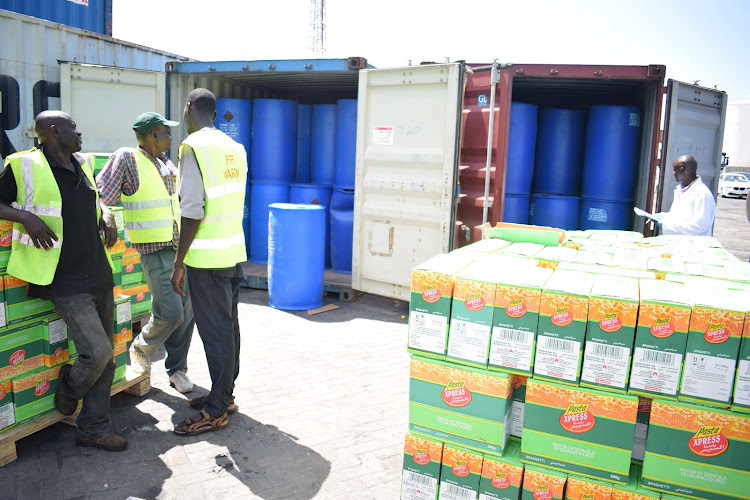- Kenya and Tanzania are working together to reintroduce the 2011 Anti-Counterfeiting Bill that collapsed at the East African Legislative Assembly.
- This law envisaged the region working under the East African Customs Act on Anti counterfeits regulations.
- The renewed partnership opens avenues for law enforcement agencies to develop innovative approaches and strategies in the fight against counterfeits.
The East African region is planning to set a common standard on goods across the block in the latest push against counterfeiting with Kenya and Tanzania leading the line. The latest push follows an earlier attempt under the 2011 Anti-Counterfeiting Bill that collapsed at the East African Legislative Assembly. This forced the region to operate under the East African Customs Act on Anti counterfeits regulations.
However, Kenya and Tanzania have now revived the push to reintroduce the 2011 legislation. Kenya’s Anti-Counterfeit Authority (ACA) and the Fair Competition Commission (FCC) of Tanzania have announced joint efforts intensifying their efforts to disrupt and combat the trade in counterfeit goods across the region.
The partnership will see among others, regulation changes to harmonise the areas of conflict in the current laws of the two countries. Anti-Counterfeit Authority, Executive Director Robi Mbugua Njoroge said the renewed partnership opens avenues for law enforcement agencies to develop innovative approaches and strategies in combating counterfeit trade.
“The first step we want is to have the East Africa anti counterfeiting Bill that will allow harmonization of the laws not only in Kenya and Tanzania but our sister states, Uganda, Rwanda, Burundi, DRC, South Sudan that’s something we are working on,” said Njoroge.
The plan will also see owners of intellectual property and trademarks register their trade names with the authorities in the member countries organisation.
Counterfeit and illicit products have been a thorn in the flesh of Kenyan businesses with regional assessments by the International Peace Institute indicating that an annual market share of Sh180 billion for counterfeit trading within the East African Community as of 2017.
According to the OECD’s 2018 report, counterfeiting represents one of the largest criminal enterprises globally, with estimated domestic and international sales ranging from $1.7 trillion (KES224.8 trillion) to $4.5 trillion (KES595 trillion) annually, surpassing even drug trafficking and human trafficking in scale.
In Kenya alone, counterfeit trading was valued at $488.8 million (KES70 billion) in 2017, reaching $628.5 million (KES90 billion) in 2019, rivaling key sectors such as tourism, tea, and coffee – traditionally top earners for the country.
Fair Competition Commission, Director General William Eroi said that the areas of collaboration will include information sharing for enforcement actions, public outreach, research, and expertise exchange, with the overarching goal of enhancing investigative capabilities and intelligence networks to successfully tackle counterfeit and illicit trade activities. Current trade between Kenya and Tanzania stands at $628.5 million (KES90 billion) annually.
